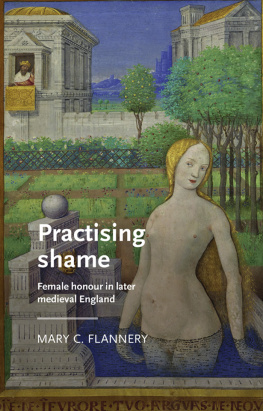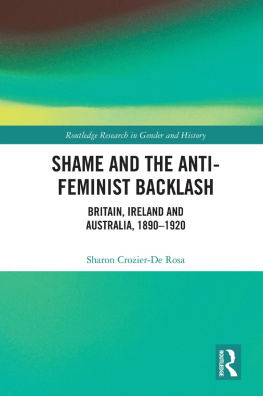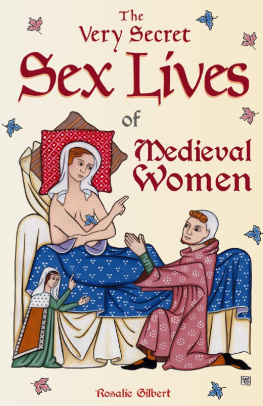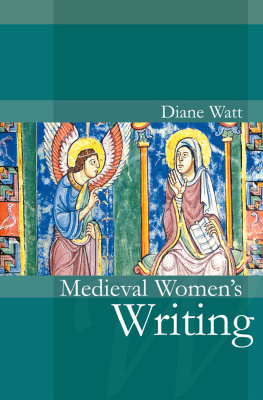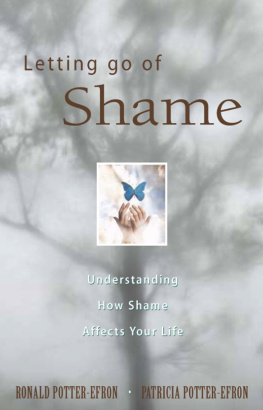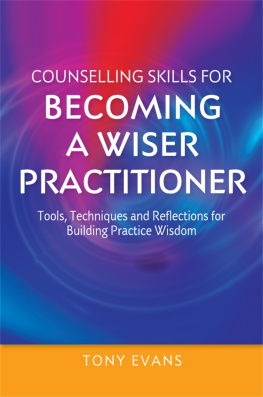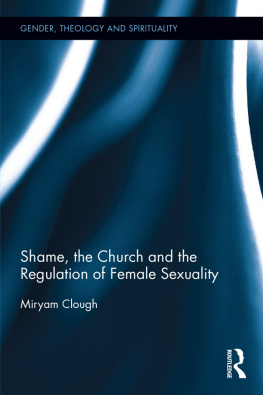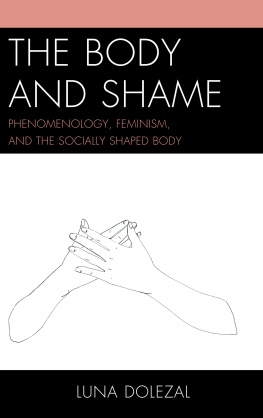
Practising shame
Series editors: Anke Bernau, David Matthews and James Paz
Series founded by: J. J. Anderson and Gail Ashton
Advisory board: Ruth Evans, Patricia C. Ingham, Andrew James Johnston, Chris Jones, Catherine Karkov, Nicola McDonald, Sarah Salih, Larry Scanlon and Stephanie Trigg
Manchester Medieval Literature and Culture publishes monographs and essay collections comprising new research informed by current critical methodologies on the literary cultures of the Middle Ages. We are interested in all periods, from the early Middle Ages through to the late, and we include post-medieval engagements with and representations of the medieval period (or medievalism). Literature is taken in a broad sense, to include the many different medieval genres: imaginative, historical, political, scientific, religious. While we welcome contributions on the diverse cultures of medieval Britain and are happy to receive submissions on Anglo-Norman, Anglo-Latin and Celtic writings, we are also open to work on the Middle Ages in Europe more widely, and beyond.
Titles available in the series
14. Love, history and emotion in Chaucer and Shakespeare: Troilus and Criseyde and Troilus and Cressida
Andrew James Johnston, Russell West-Pavlov and Elisabeth Kempf (eds)
15. The Scottish Legendary: Towards a poetics of hagiographic narration
Eva von Contzen
16. Nonhuman voices in Anglo-Saxon literature and material culture
James Paz
17. The church as sacred space in Middle English literature and culture
Laura Varnam
18. Aspects of knowledge: Preserving and reinventing traditions of learning in the Middle Ages
Marilina Cesario and Hugh Magennis (eds)
19. Visions and ruins: Cultural memory and the untimely Middle Ages
Joshua Davies
20. Participatory reading in late-medieval England
Heather Blatt
21. Affective medievalism: Love, abjection and discontent
Thomas A. Prendergast and Stephanie Trigg
22. Performing women: Gender, self, and representation in late-medieval Metz
Susannah Crowder
23. The politics of Middle English parables: Fiction, theology, and social practice
Mary Raschko
24. Contemporary Chaucer across the centuries
Helen M. Hickey, Anne McKendry and Melissa Raine (eds)
25. Borrowed objects and the art of poetry: Spolia in Old English verse
Denis Ferhatovi
26. Rebel angels: Space and sovereignty in Anglo-Saxon England
Jill Fitzgerald
27. A landscape of words: Ireland, Britain and the poetics of space, 7001250
Amy Mulligan
28. Household knowledges in late-medieval England and France
Glenn D. Burger and Rory G. Critten (eds)
29. Practising shame: Female honour in later medieval England
Mary C. Flannery
Practising shame
Female honour in later medieval England
MARY C. FLANNERY
Manchester University Press
Copyright Mary C. Flannery 2020
The right of Mary C. Flannery to be identified as the author of this work has been asserted by her in accordance with the Copyright, Designs and Patents Act 1988.
Published by Manchester University Press
Altrincham Street, Manchester M1 7JA
www.manchesteruniversitypress.co.uk
British Library Cataloguing-in-Publication Data
A catalogue record for this book is available from the British Library
ISBN978 1 5261 1006 0hardback
First published 2020
The publisher has no responsibility for the persistence or accuracy of URLs for any external or third-party internet websites referred to in this book, and does not guarantee that any content on such websites is, or will remain, accurate or appropriate.
Front cover
Jean Bourdichon, Bathsheba Bathing, 149899, Getty Ms. 79, recto
(Digital image courtesy of the Getty's Open Content Program)
Typeset
by Toppan Best-set Premedia Limited
For George, Joseph, Jacob, and Mathieu
may you grow into men who know the meaning and value of honour.
I have been wondering about the meaning of honour for more than twenty years. Although this book emerges out of my longstanding interest in rumour and reputation, the story of its writing might be said to have begun at a gas station in California, when I was in high school. A family friend spotted me when I pulled up to the pump with my boyfriend and decided to introduce himself. After greeting me, he squinted sternly into the car and asked my companion, Do you know what honour is? Receiving no immediate reply (which was, under the circumstances, not entirely surprising), he answered his own question: Deserved good reputation.
I don't remember precisely how that encounter ended, but I have been reflecting on those three words ever since. I remember the certainty in the voice of an older man explaining honour to a younger one, and I remember that my immediate internal response was doubt (as well as some irritation). Deserved good reputation might cover one aspect of honour, but it didn't explain what it meant to have a sense of honour, nor did it explain what that good reputation was founded on. It didn't explain who determined which people were deserving of a good reputation, or why. It didn't explain what made a reputation good in the first place.
I have been circling the subject of honour in my research ever since.
The question of whether or not someone is honourable concerns not only the state of that person's reputation, but also whether or not that person values a good reputation, and how that value guides his or her behaviour. This book argues that, in the case of medieval women (whose honour was believed to reside primarily in their chastity), being honourable and valuing honour meant practising shame-avoidance in a way that reinforced their own chaste habits of mind and communicated their honourable chastity to those around them. Thus, for the purposes of this book, practising shame is not about feeling ashamed or disgraced, but rather about enacting and honing one's sense of shame, one's anticipative sensitivity to the prospect of disgrace. In this respect, this study is not about an emotion at all, but rather about what goes on around that emotion, and how this peripheral activity was, in the literature of medieval England, constitutive of female honour.
The present study aims to illuminate how this mechanism operated in the literature of medieval England, and how it participated in and contributed to constructions of honourable femininity in the later Middle Ages. Although it is unclear to what extent susceptibility to shame continues to shape ideas concerning female goodness and honour today, there is much in what this study uncovers that I believe will resonate with contemporary debates on subjects ranging from rape prevention to the perception of women in the workplace. As I will show, the fears and expectations that attend honourable female chastity place the burden of its defence squarely on women, leaving the world full of threats to this ideal and making it women's job to avoid, combat, or placate those threats. What is overlooked in the present as often as it was in the past is that these necessities of female behaviour will remain in place as long as women alone remain both the problem and the solution. My greatest hope for this book is that its arguments will contribute not only to our understanding of the ethical construction of femininity in the past, but also to the way we think about honourable womanhood now and in the years to come.

